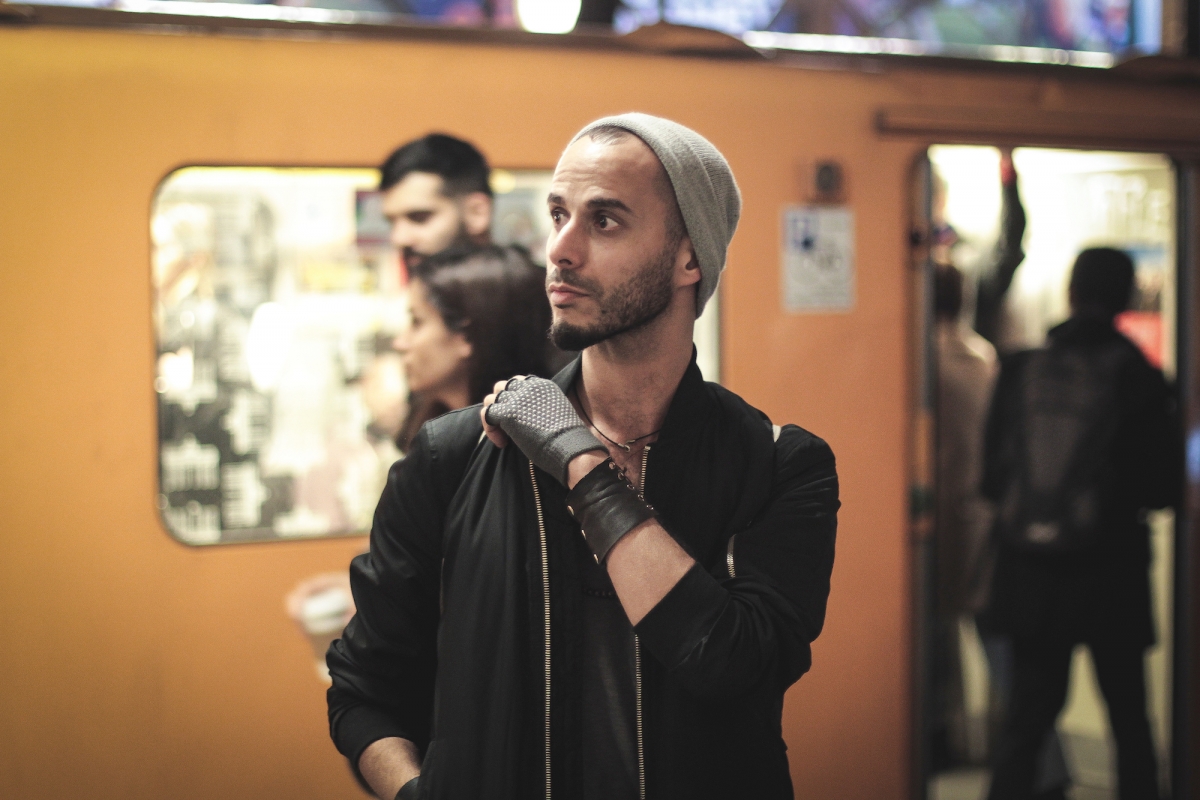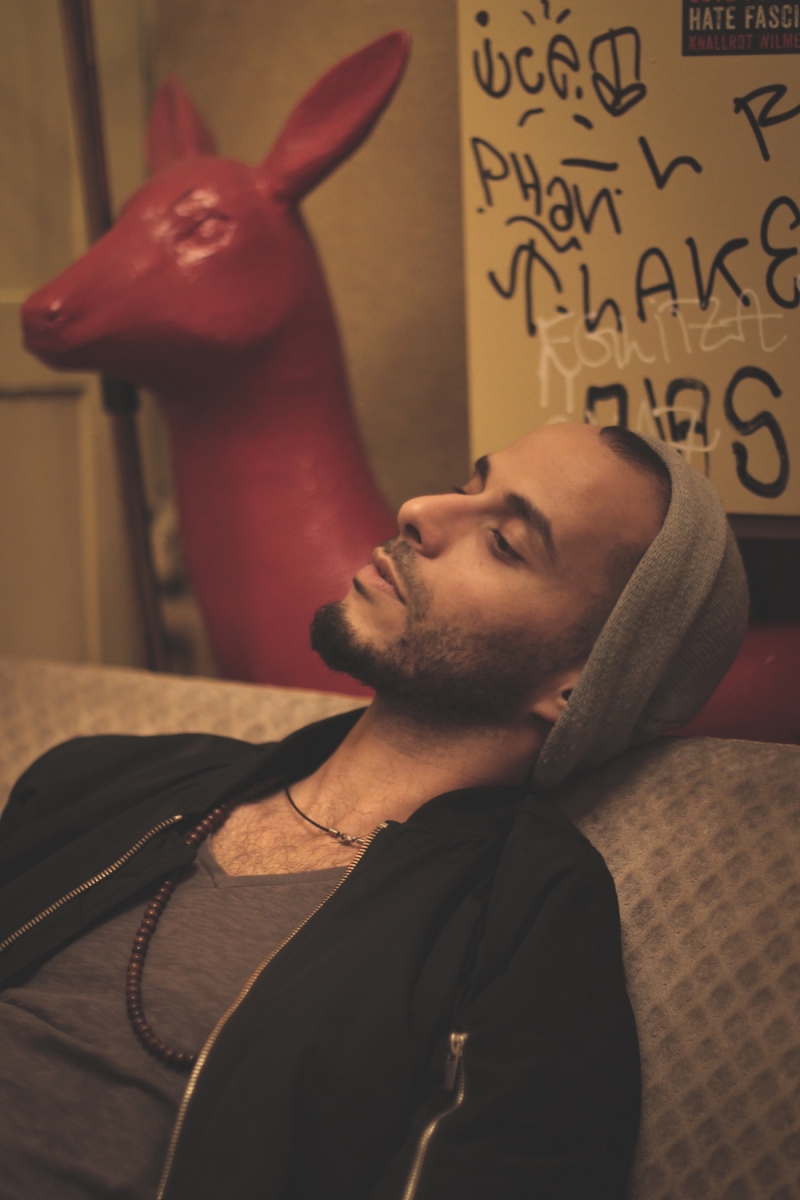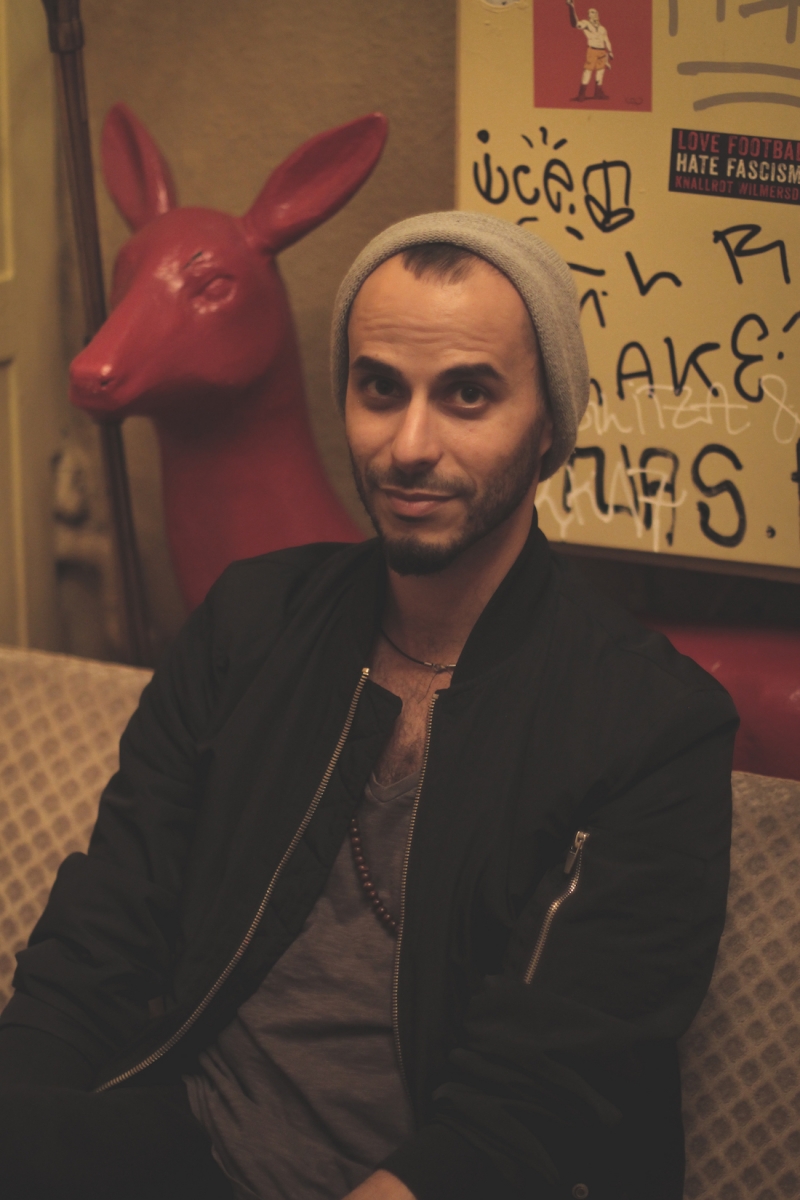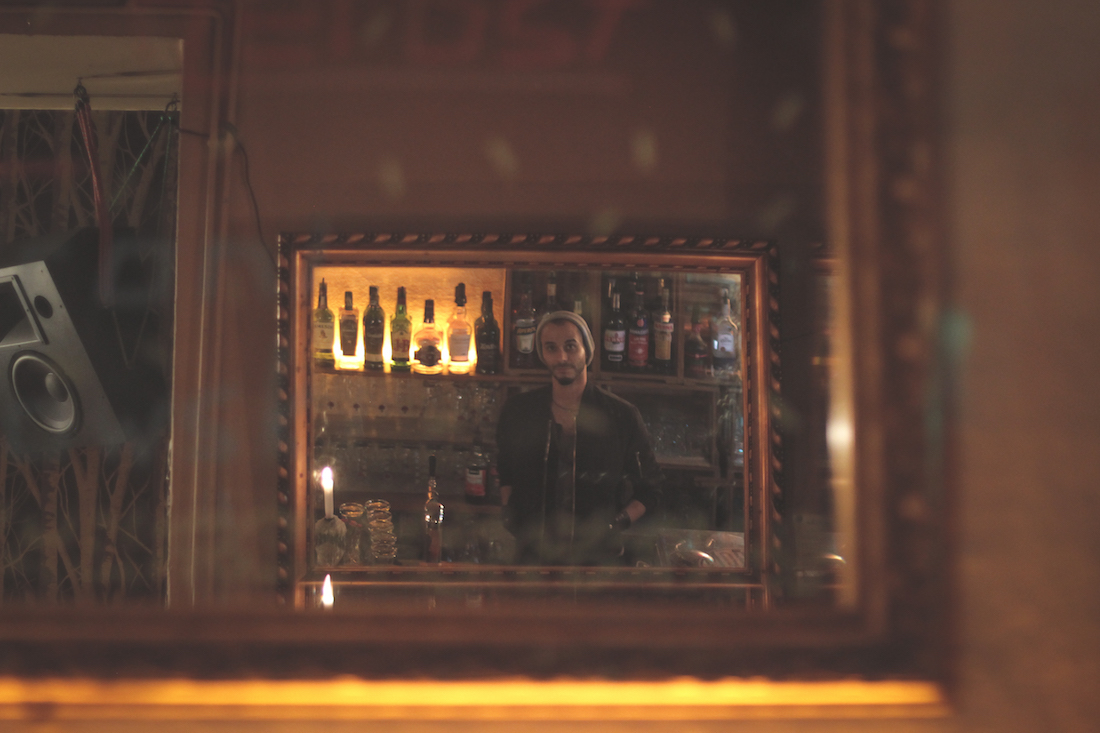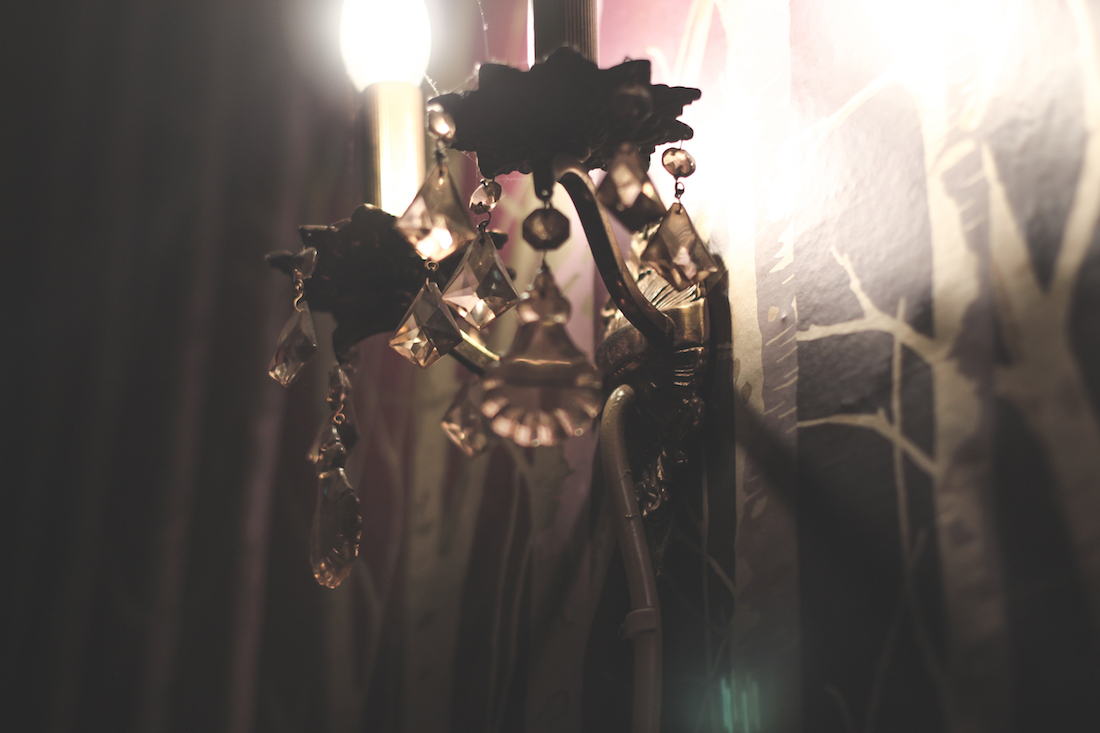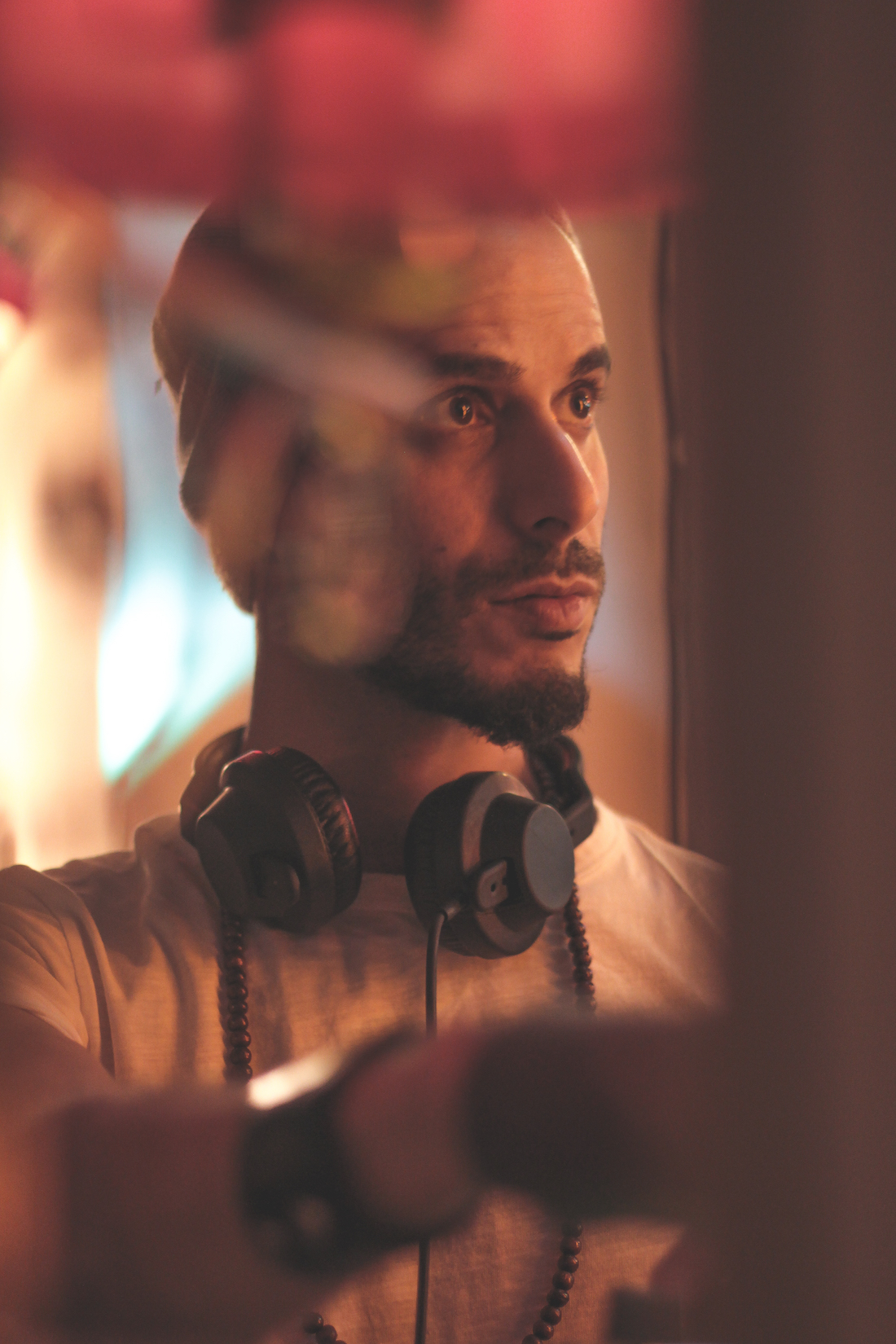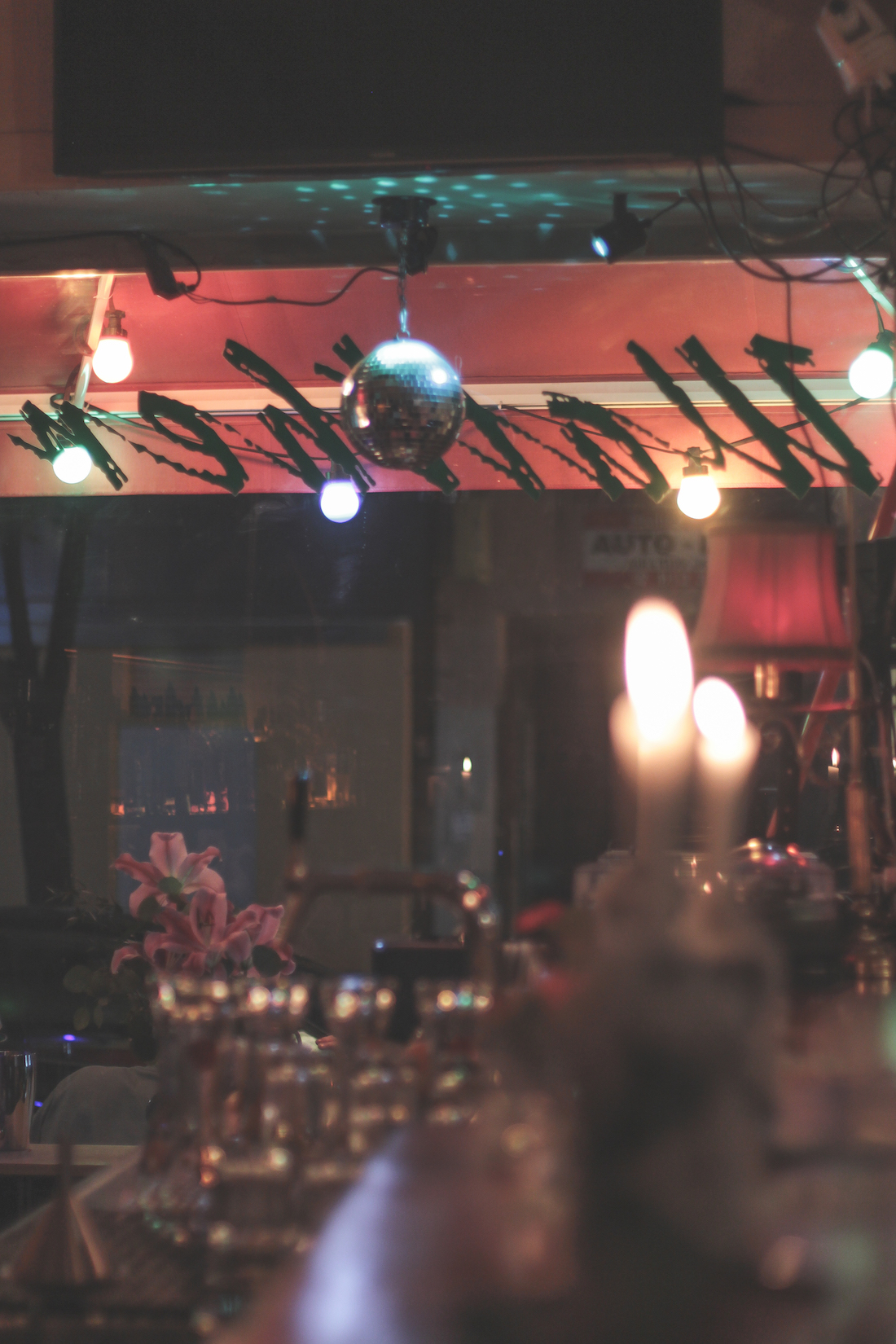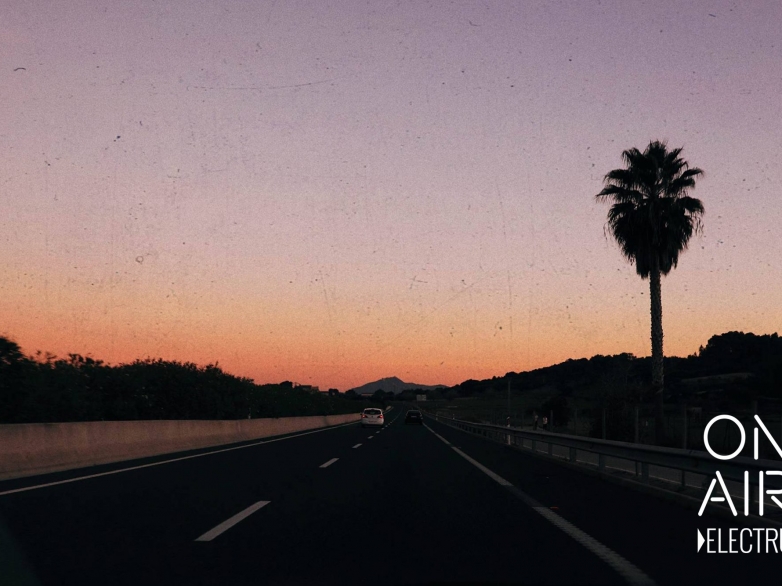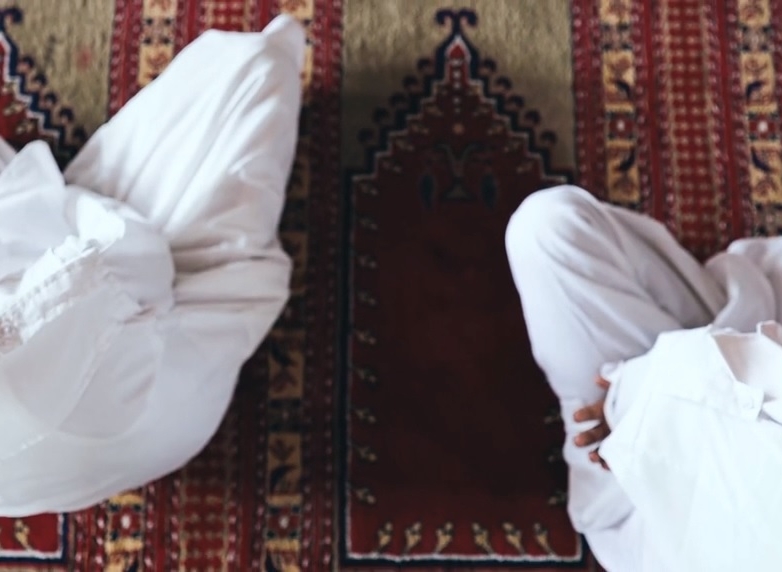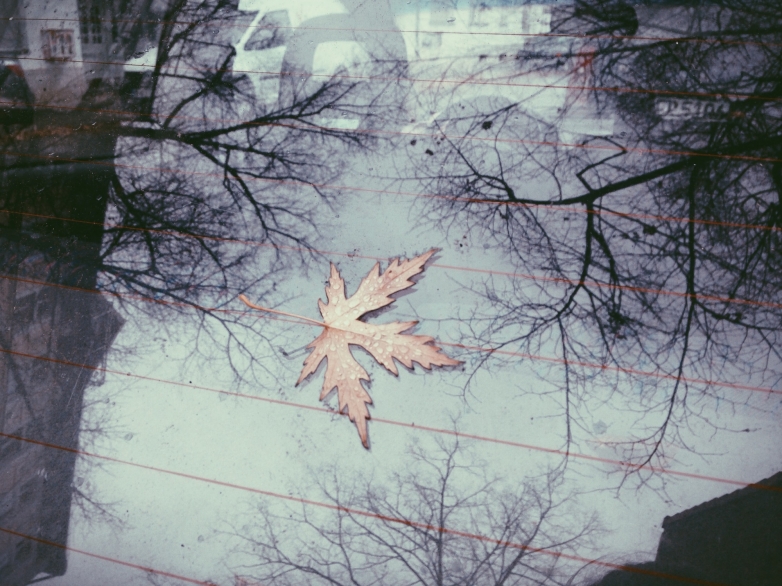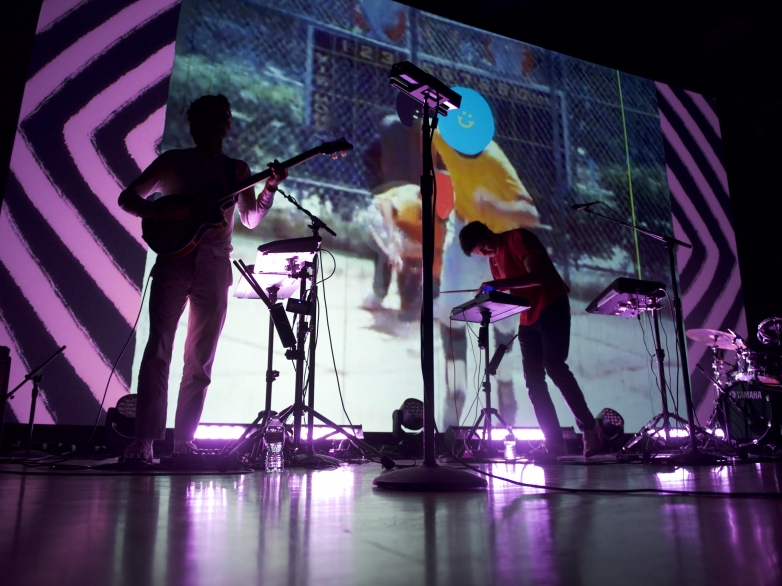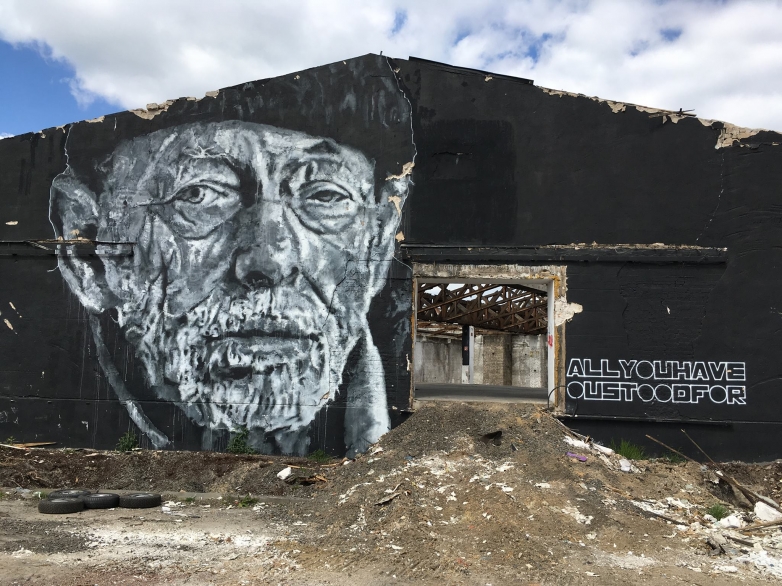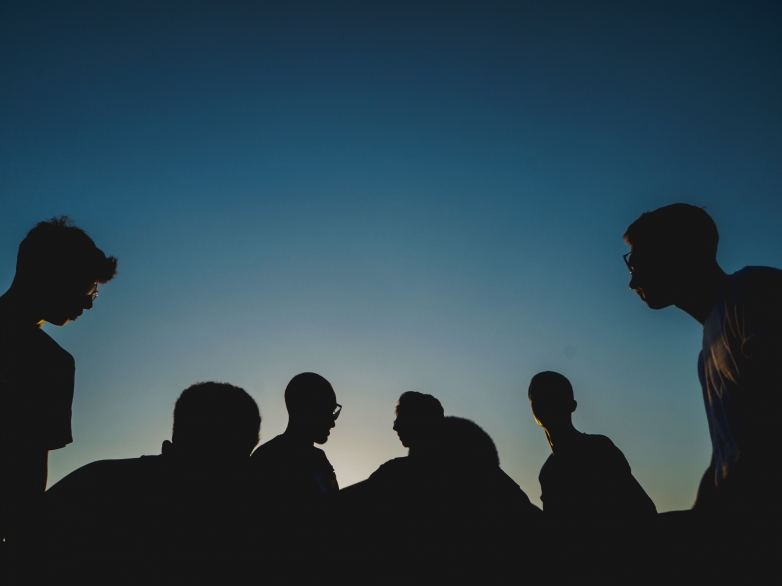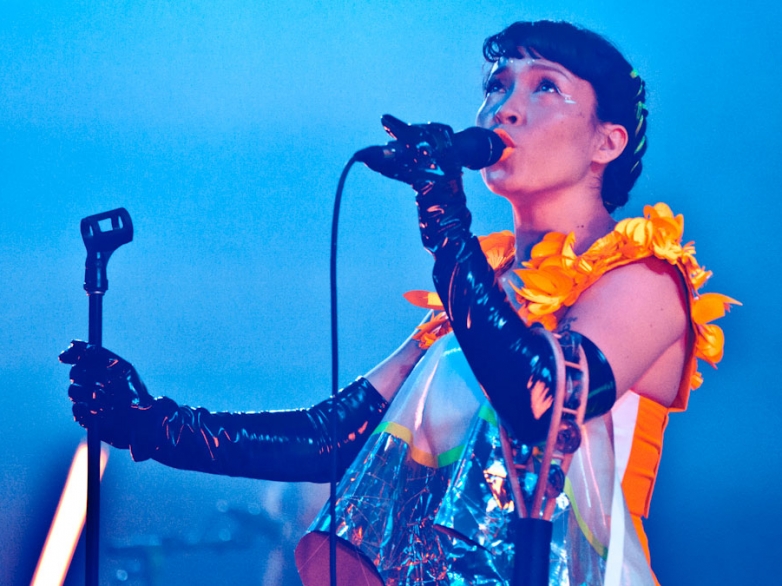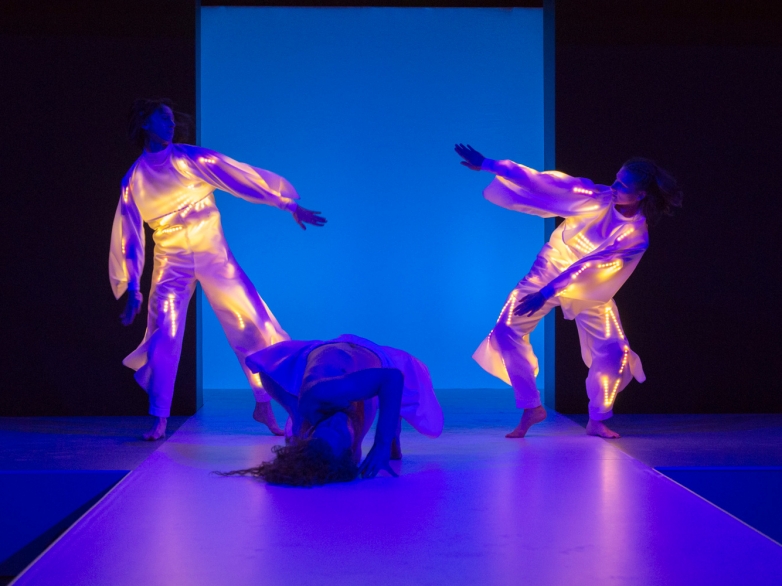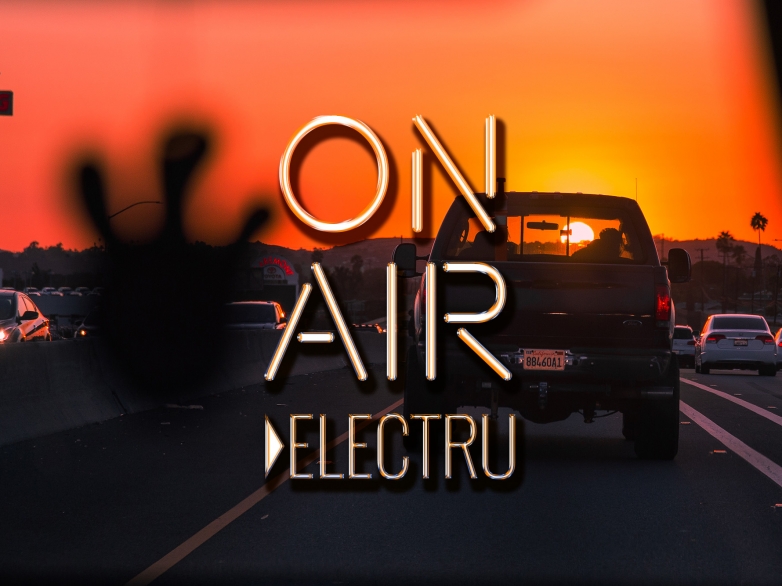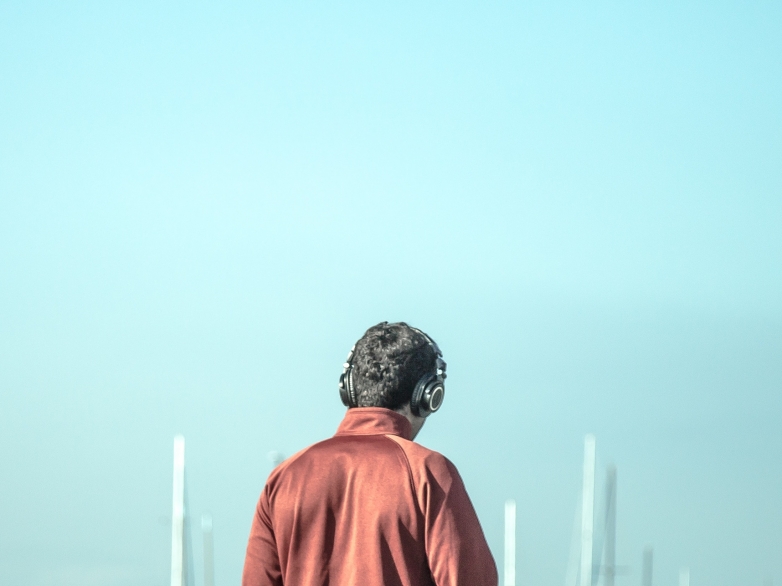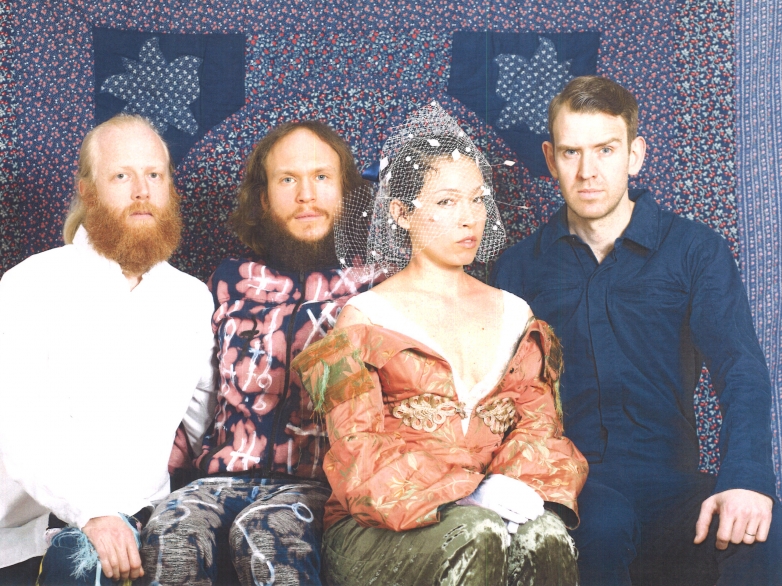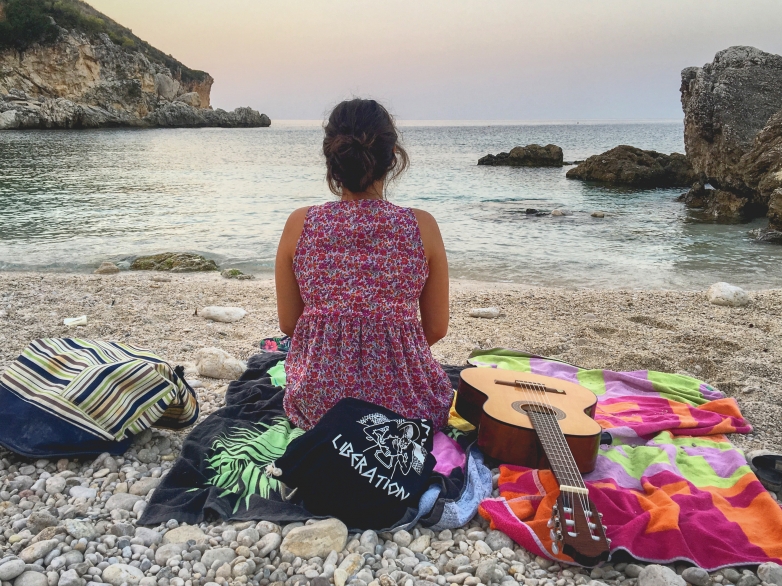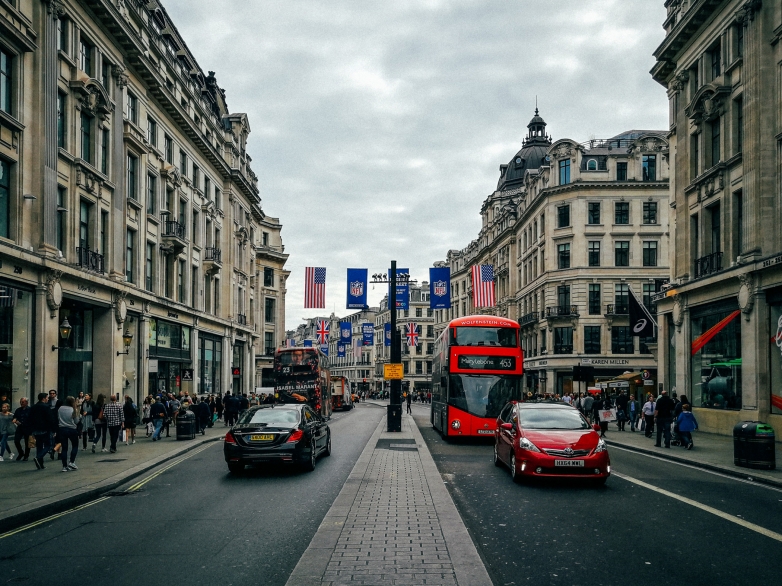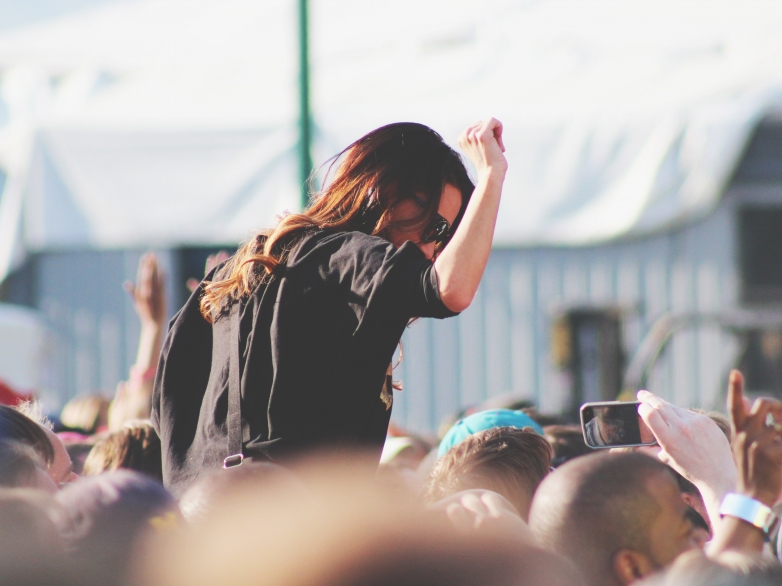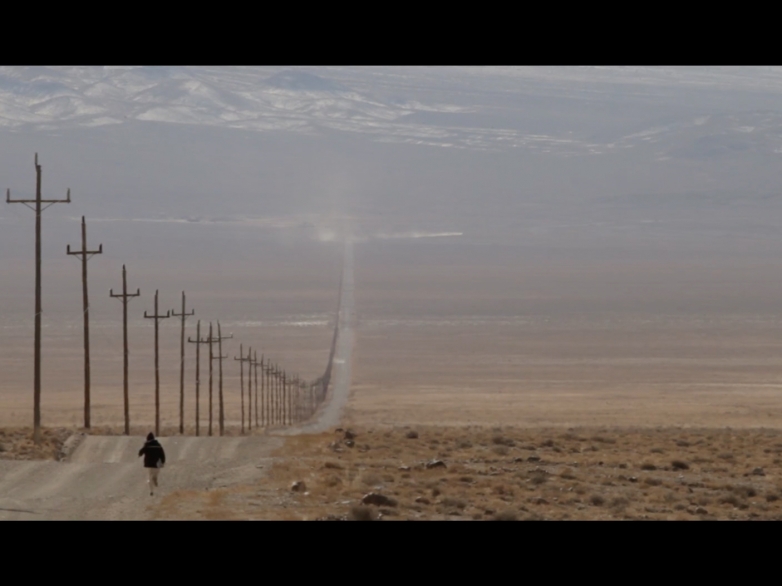Interview: Hi, my name is Ray Mann
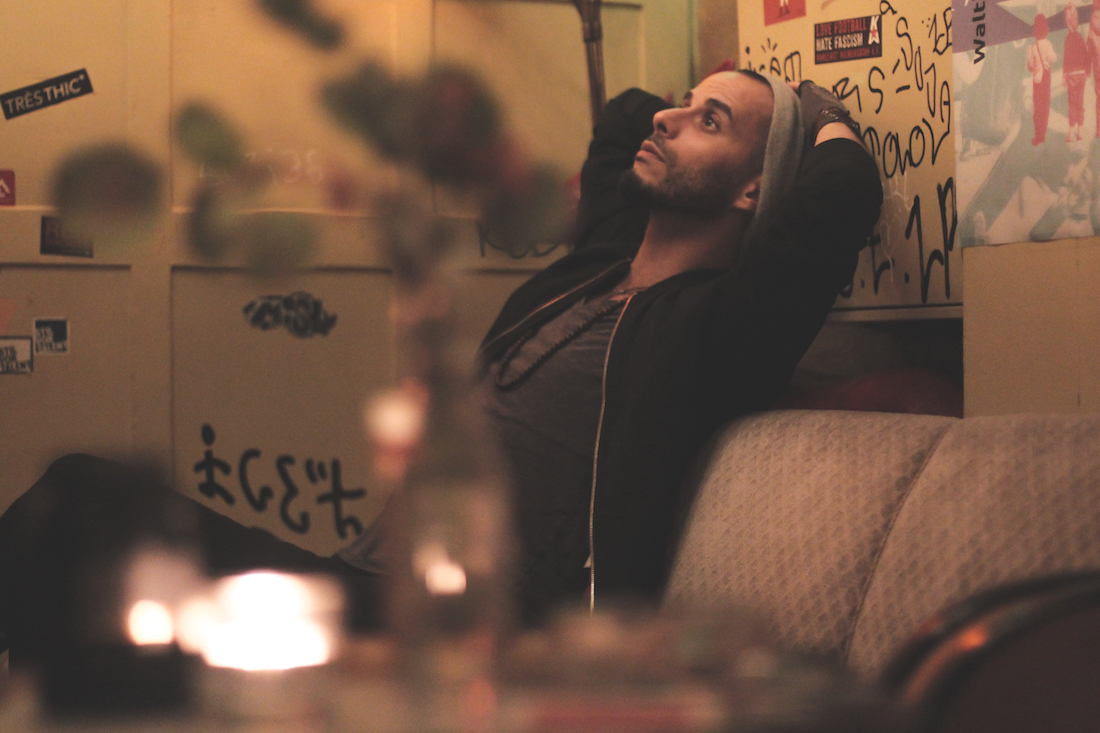
Ray ist ein wahres Multitalent: Sänger, Gitarrist, Producer und Visual Artist. Als ich ihn das erste Mal in Berlin live gesehen habe, musste ich unweigerlich an Prince und D’Angelo denken. Seine Stimme ist soulful und seine Musik vereint innovativen Geist, zeitlose Ästhetik und smoothe Beats zu einem tanzbaren Gesamtkonzept ohne Genregrenzen. Der Sohn ägyptischer Eltern ist in Sydney aufgewachsen und wählte Berlin 2012 zu seiner neuen Wahlheimat. Mit seiner dreiköpfigen Band The Ray Mann Three holte er sich sowohl in Australien wie auch später in Berlin hervorragende Musiker an seine Seite, die dem minimalen Soul-Sound seiner ersten beiden Alben Seele verliehen. Doch Ray Mann wäre nicht Ray Mann, wenn er den kreativen Prozess nicht stets in Frage stellen würde. Die neuesten Früchte seines künstlerischen Schaffens reifen derzeit im Rahmen seines Projektes Ori Moto: Experimentelle Beats, live zusammengemixt und spielerisch neu verpackt.
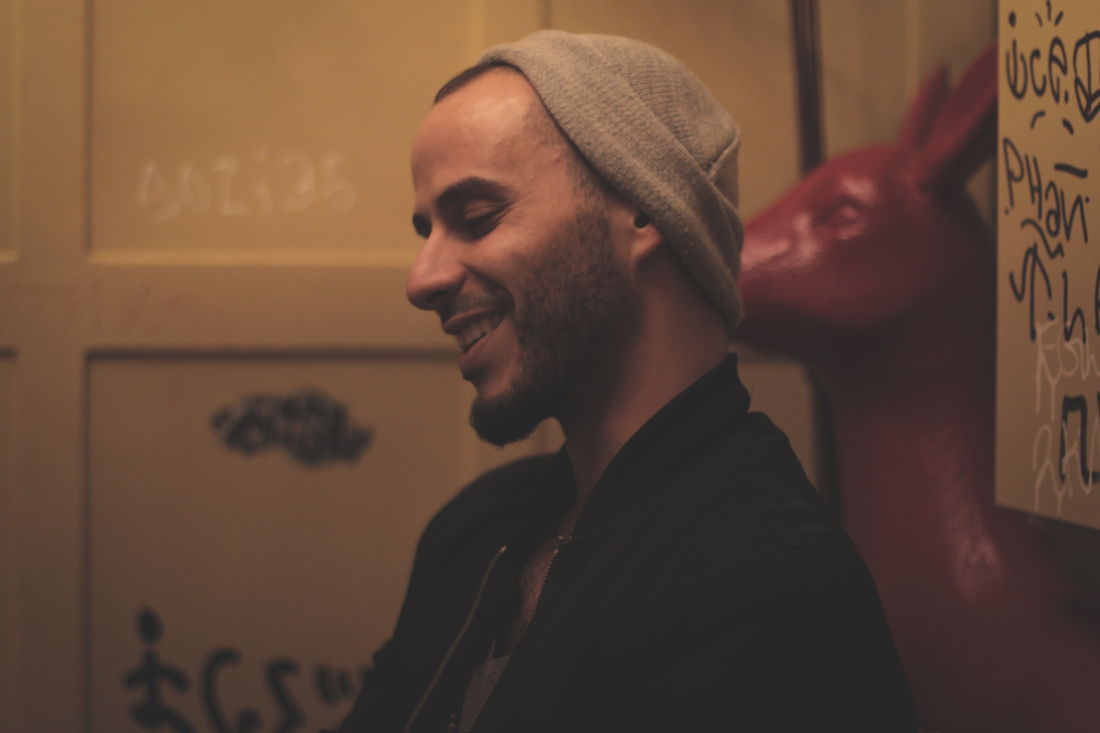
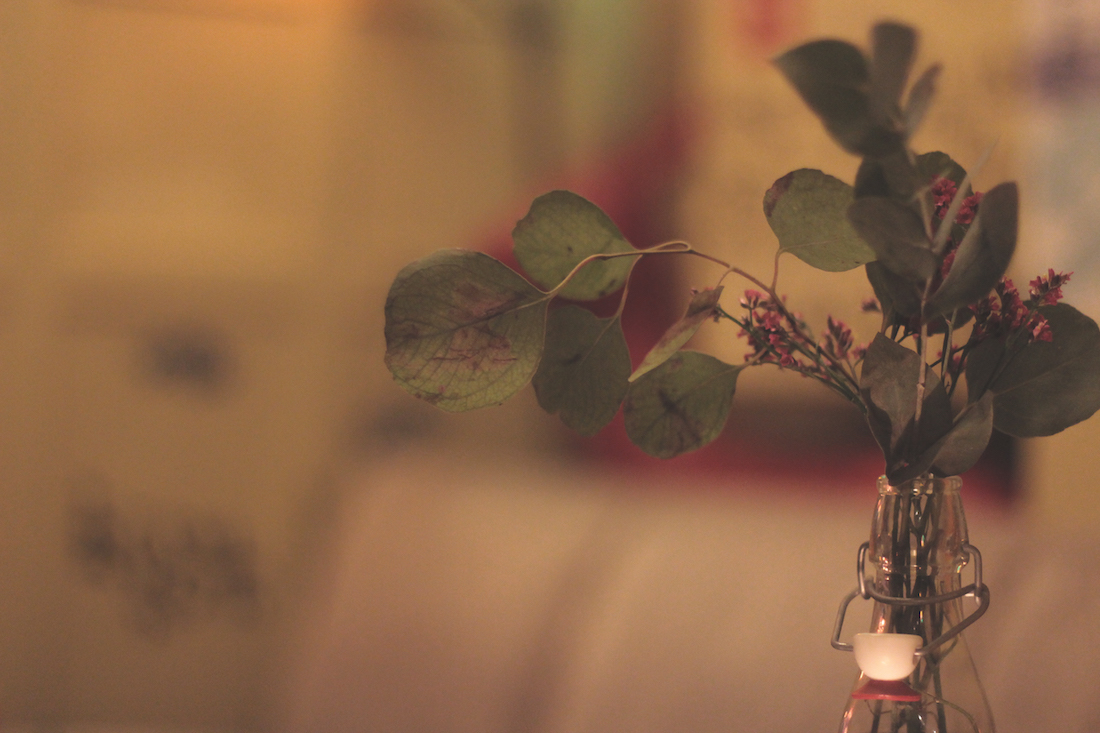
Everything started with?
…New Caledonia.
What happened there?
When I was a kid, I went with my mum and dad on a cruise to New Caledonia and Fiji. In New Caledonia we saw a band playing. One of these guys played a ukulele and I was just amazed! Apparently I was so excited that I wouldn’t leave until I got to meet the musicians, and so my mum took a photo with the little four-years-old me hanging out with the band. As soon we got back to Sydney my parents bought me a little ukulele. That’s where it started.
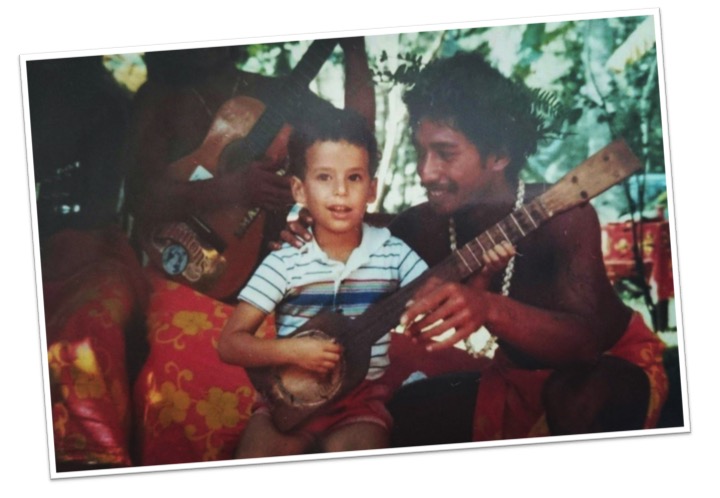
If you would meet the Ray of 20 years ago, what would he ask you?
What are the right decisions to make?
And what would you answer?
20-year-old Ray thought a lot about time travel, so if he met 20-years-older Ray he would straight away know the good and the bad things about asking eachother too much. The only thing I could tell „me“ for sure is: „You need to start learning to worry less about disappointing others, about being liked. That’s really the only thing that you will regret. But everything else is ok, because you come from a family that still loves you 20 years from now, and you worked hard to not take that for granted.”
Both of your albums were influenced by soul music. Do you think that soul has less value for the younger generation?
No, I don’t think that soul lost value – I think it has always been undervalued. At the time I started trying to play in that style, people were saying it was about to have a revival. And what I’m hearing now is it’s about to have a revival. In the story of soul music, soul has always been music where the people who made it were never as successful and appreciated as the people who sampled or covered it.
Three words that describe your music
Personal, rough, minimal.
Did you find new creative answers in Berlin?
Sure. And also a lot of more questions.
For example?
What makes me happy? What’s it worth, and why? How good is good enough? And for whom? What role do I want music to play in my life, and what role I want to play in music?
The Ray Mann Three live im Funkhaus in Berlin
I love your last album Sketches very much. What will follow on the “sketches” you made?
I can tell you what the plan was, but the plan is changing all the time. Originally „Sketches“ would be my living breathing artistic business card, trying to create more connections in Berlin and Europe. My first album is more acoustic, and the second album “Sketches” is hybrid-electronic. So the idea was for the third album to be a more electronic record, which I started working on. Unfortunately, the connections I was trying to make just didn’t work out, so I began to lose faith in all of it. The last couple of years I’ve been trying to figure out what actually will make me happy. And I’m finding out that, for now at least, one thing makes me happy: creating music, but while trying to let go of the goals or standards that I had before. I’m writing music all the time, I’m making beats all the time – but the second I start to think „What comes next?“, I suddenly lose all desire and interest. What makes me unhappy is when I think about the stuff outside of purely making music – how it has to be received, or who has to like it, what they have to think of it, what they have to think of me. I’m way more productive when I’m not trying to do the next „Ray Mann“ thing. When I perform live and when I meet people, I still introduce myself as Ray Mann, but in my heart I’m not that guy anymore. I’m still proud of what I’ve done, and I still enjoy playing that music, but I enjoy it now as an activity, not as a career.
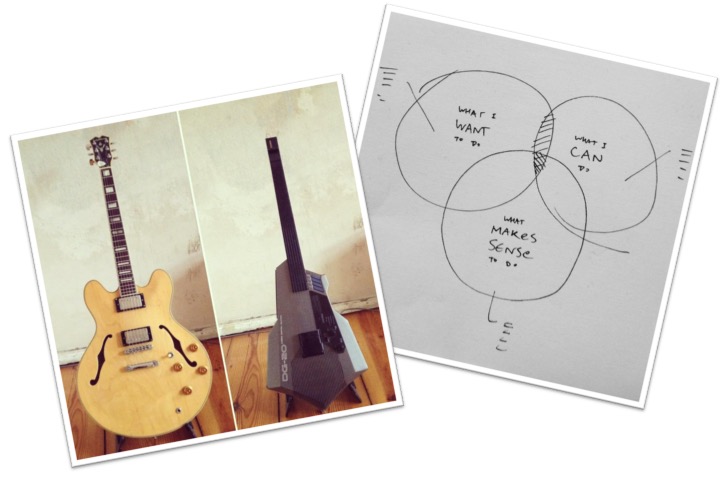
Sketchbook: Für sein Album „Sketches“ legte der Visual Artist selbst Hand an und produzierte eine Reihe experimenteller Musikvideos
Do you think that the artistic pressure is harder today than it has been once? Does business count more than music?
I don’t know if it’s harder for artists, for musicians, in general. For me personally, I’ve always thought about the branding from the beginning. I never just write a song – I write a design concept. I’m thinking about how it will look, and how it needs to be presented, and what’s the larger aesthetic that this piece of music fits into. That helps me to create, if I create a framework for myself. „Sketches“ was the framework of experimentation, but it was still a framework. So every part I’m making, I know where it’s gonna fit into. What’s harder for me now is… because I was working so hard at that before, and it didn’t work out, a lot of the questions I have are „Am I just not good enough?“ or „Am I just not good at that way of doing things?“ or „Is it just luck, and maybe I just have to try again?“ or „Is it something else?“ What’s hard for me is the not knowing.
Maybe if „success“ was the answer…
If that was it, then I’d just stop and go do something else. And when I stop and think, „What else do I wanna do?“ – I don’t know. There’s lots of things I’m interested in, but the things, at least for the time being, that I wake up in the middle of the night with ideas about – not wake up from a nightmare, but wake up excited, with an idea – is: I wake up with a song in my head. I’m interested in so many other things: I trained in film and video production; I trained in graphic design; I’m a writer… and I have lots of ideas about these things, and things that I might wanna do at some point. But music is something I was always doing while I was exploring any of these other things. My passion in other things goes up and down, but music is always just kind of there – like the noise from your neighbours you can’t shut up.
With your new project Ori Moto you approach to electronic music. The name sounds pretty Japanese. Can you tell me more about it?
Ori Moto is about play. My beat-making isn’t about releases, or branding, or any kind of business – just creation, and experimention. It’s not about songwriting, that’s less interesting to me right now than just making little pieces that can maybe be incorporated into a larger body of work – or maybe not, that’s not the focus. The focus is play. To always remind myself to play. I chose one of my dad’s many childhood nicknames for me: „Ori“. The „Moto“ part came spontaneously, like the music: do first, think later. Later, when I did think about it, „Moto“ for me came from the Spanish for „motorcycle“, which I always liked. Later I found out „Orimoto“ is indeed Japanese for „paper play“, which luckily fits nicely with the concept. I play as Ori Moto daily – whether it’s playing with beat ideas, or playing live, or DJing my beats. I don’t know exactly where it’s going, but that’s kind of the point with Ori Moto: do first, think later. Just… play.
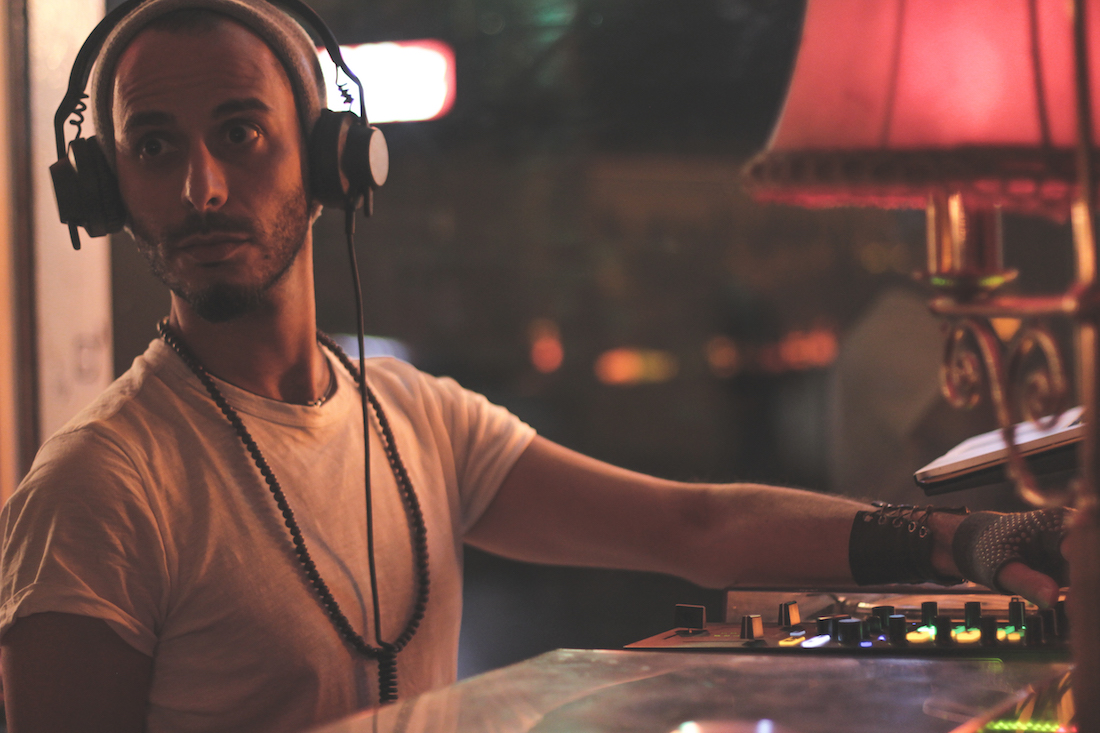
Ori Moto in der Bar Walther in Kreuzberg
Berlin feels like…
Bittersweet.
Like home as well?
More home than home.
Player or craftsman?
I think I’m both.
Habit or spontaneity
Again a bit of both. I think that’s one of the things I like about living in Berlin, because it feels like it’s a mixture of quiet and chaos. That’s me. And more importantly, you can move between both very easily here. That’s also me.
Your album of the moment
„A Thousand Skies“ by Clap! Clap!
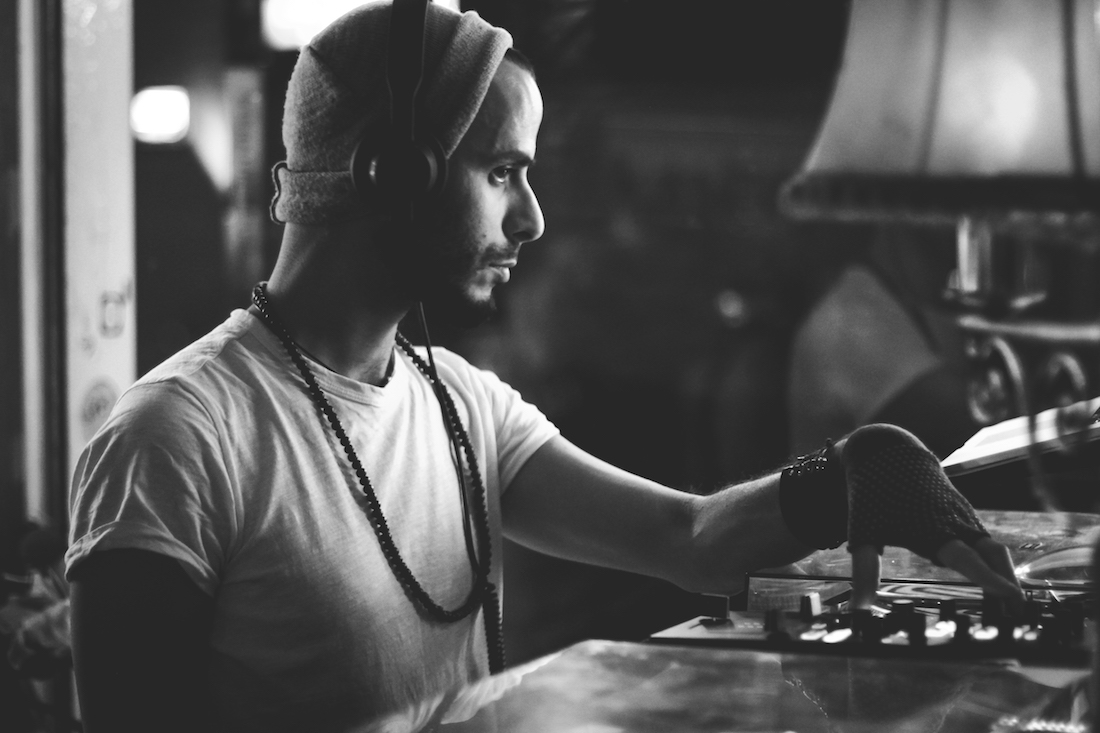
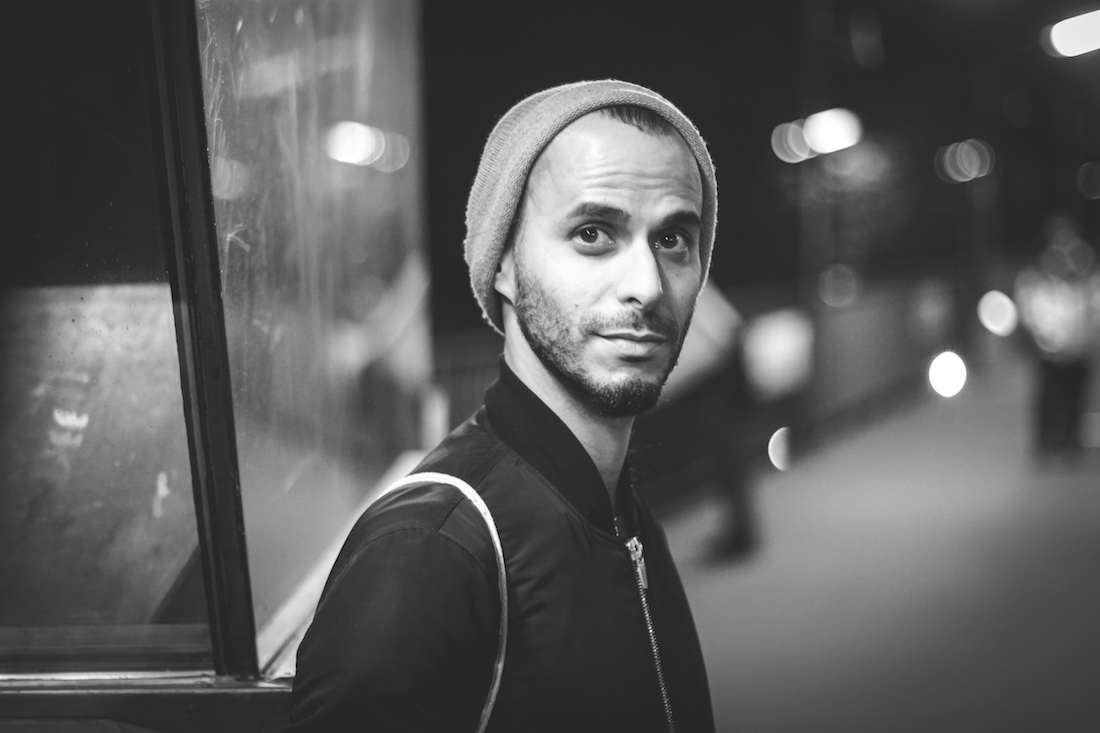
One thing you wanna do in your life
At some point I wanna either direct or shoot or write some kind of fiction film. Whether it’s a short film or feature film or a scene or something.
Last but not least: Your question
How do you feel about chocolate?
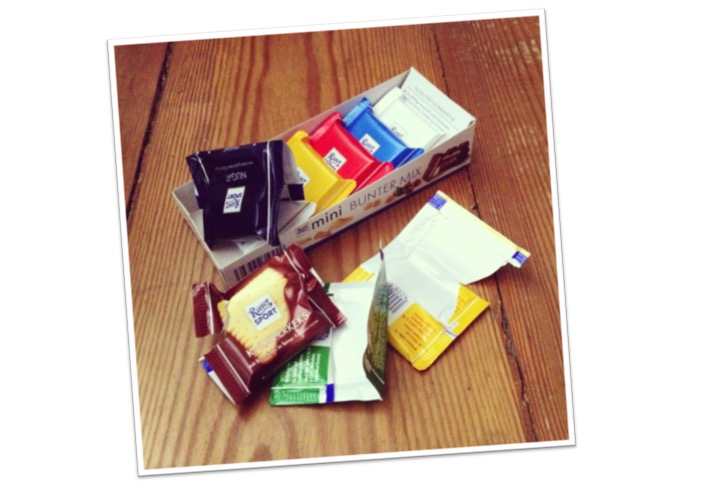
Um zu erfahren wann und wo Ray spielt und für alle anderen News, folgt ihm auf FB (bzw. Ori Moto) + Insta.


